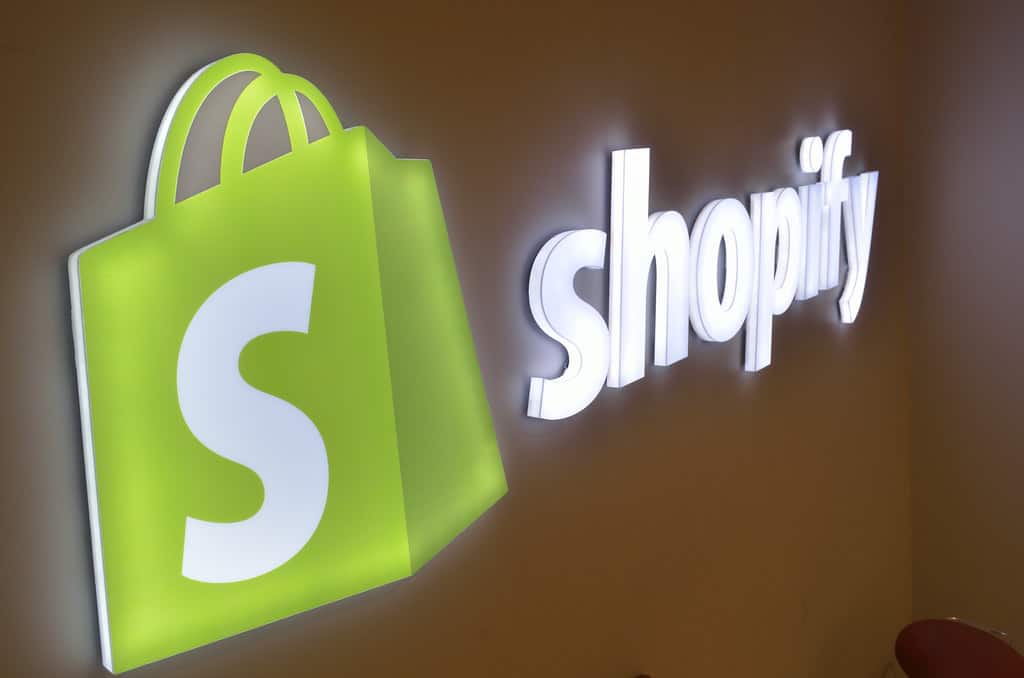
 Citron Research. Shopify. Their names are in the news together a lot these days.
Citron Research. Shopify. Their names are in the news together a lot these days.
Citron Research’s attempted takedown of market darling Shopify speaks volumes about the impressionability of today’s investor, but what it doesn’t make obvious is Citron’s own spotty track record.
Two days ago, short-seller Citron Research released a scathing, some might say over-the-top, criticism of Ottawa-based e-commerce provider Shopify Inc., claiming that the company has inflated its client base, said to be over 500,000 businesses for which Shopify provides payment and commerce solutions and that, in essence, the company operates as a “good old get rich scheme,” plying potential customers with the promise that if they quit their day jobs and put their efforts (and money) into building their web business, they’ll become millionaires.
Citron Research. Shopify. Head to Head…
“We’re not saying Shopify’s technology doesn’t work,” reads the report entitled, “Citron Exposes the Dark Side of Shopify”. “We would even go as far as to say that it is the best build-your-own e-commerce software on the market.”
But the report goes on to put the company on the same level as nutrition company Herbalife, which the US Federal Trade Commission forced to change its business model after making similar get-rich pronouncements. Herbalife eventually agreed to pay a $200 million fine last year in a settlement. Now, Citron is calling on the FTC to “face the same scrutiny” about its practices.
The reaction to the takedown was swift, to say the least. Shopify’s stock fell 11.6 per cent in trading on Wednesday, erasing $1.5 billion of its market value. The company has since responded by saying that they “vigorously defend our business model and stand resolutely behind our mission and the success of our merchants.”
Negative campaigns by activist short-sellers like Citron’s mastermind, Andrew Left, are not a new phenomenon, nor are they illegal (as long as the information they provide is not fraudulent), but the Internet and social media have made spreading one’s vitriol and slights against a company potentially all the more efficient and, as witnessed with Shopify, impactful.
On the new brand of short-sellers, Jesse Barron wrote in the New York Times Magazine, “You don’t need an office in a flashy building in the Battery, they have realized, or the validation of the press. If you build enough of a reputation, all you need are some Twitter followers and a website. Left has emerged at the forefront of this new guard,” writes Barron.
Andrew Left track record
Looking at Citron’s track record, Barron reports that, on average, companies that Left writes about see their value drop by ten per cent in a year. “And some drop as much as 95 per cent,” he writes. But that’s of little consolation to those who followed Citron’s advice and shorted NVIDIA, Motorola or Mobileye.
For its part, Citron’s TipRanks.com performance is less than glowing. In comparison to other stock analysts, TipRanks gives it a ranking of #906 out of 6,190 bloggers, with a 58 per cent success rate and an average return of 9.3 per cent per rating. The vast majority of its reports, 90.9 per cent, are sell ratings.
Still, investors seem to be drawn in by Citron’s invectives, entranced by the prospect that Left can go against the grain and come out cleverer than the rest.
“It’s good to listen to short sellers because they often raise problems or issues with companies that you haven’t considered,” writes one reddit contributor on Citron.”
Barron calls Left’s rise in popularity “timely” in that it fits with the current mood. His claims are “calibrated precisely to draw maximum attention in a media environment in which screaming is the only way to be heard,” writes Barron.
But those playing the dangerous short game, where losses can be much more punitive than going long, should remember that this recommendation comes from a source whose track record is only slightly better than a coin flip.
Leave a Reply
You must be logged in to post a comment.





 Share
Share Tweet
Tweet Share
Share




Comment